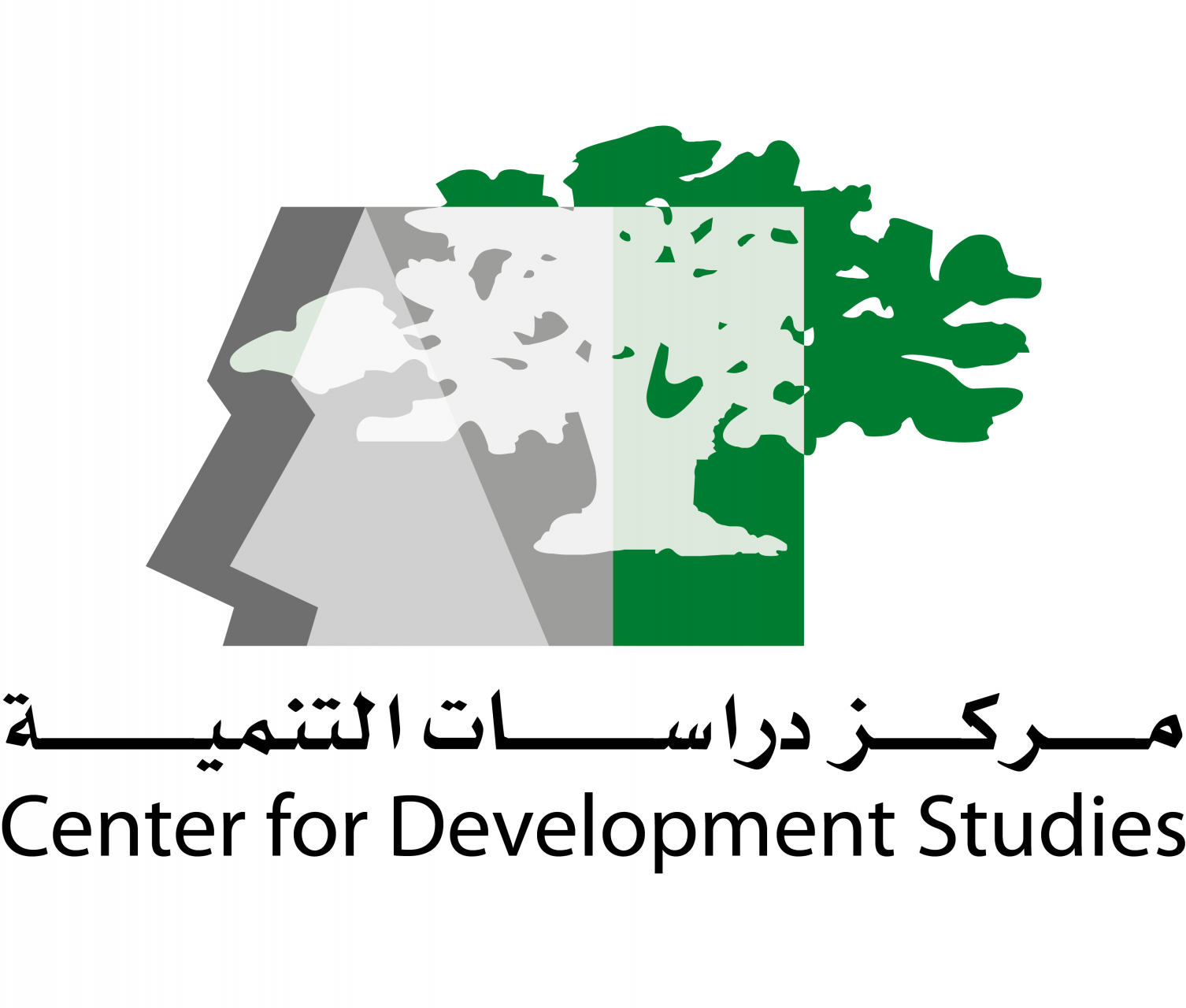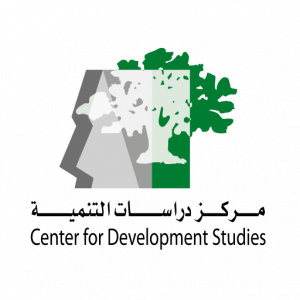Empowerment for Development
Finished Projects
1998
Introduction
The project of Empowerment for Development was an extension of the idea for the
workshops organized by DSP in June 1998. In addition, a number of meetings were
held with important and vital groups that were facing problems in taking up
their role in society, such as liberated detainees, those with special needs,
young farmers, the unemployed, and social workers among the poor. The workshops
aimed to bolster research and self-confidence, to improve communication skills
and interaction with society, and to encourage a proactive approach to address
existing contradictions and obstacles in society.
The project aims to empower the marginalized or excluded sectors, in order to
integrate them in the development process and in planning for development.
Restricting development planning to the priorities of the political elite and
decision-makers will render them incomplete and lacking.
Conceptual Framework for the Project
This project is based on certain theoretical concepts, such as sustainable
human development, participation, empowerment, mainstreaming excluded
(marginalized) groups, and planning for development.
Target Groups
These were divided as follows:
- Job seekers: Based on earlier successful experiences in this area, the issue of unemployment and lack of job opportunities is best presented by the job seekers themselves. The project focused on their grievances and extended assistance to them in organizing their ranks, and helped them to identify their interests, how to best represent themselves and make good use of the resources available to them.
- Group of women in the camps: Two issues are addressed with this sector: Conditions of women from a gender perspective, and the special conditions of Palestinian women as refugees.
- Group of youth and poverty: The issue of poverty is addressed and the mechanisms for the alleviation of poverty, from the perspective of youth from families living under conditions of poverty. At present, about 100 male and female participants are involved in the project, divided over three groups in the West Bank and the Gaza Strip.
Mechanisms of Work
This project seeks to build the capacities of the participants, on the level of
attitudes, skills and self-confidence, to make them more capable of developing
their personal life and make an impact on the collective level on issues that
are of concern to them.
The following mechanisms were used to this end:
- To identify marginalized groups through clear indicators, by identifying problems, priorities and possible activities for each group. To empower these groups through realistic programmes, and by working with them.
- A training programme covering the concept of human development, and other related concepts, such as empowerment and self-confidence, communications skills, social impact, creative skills and scientific research. -Activities of a general nature to communicate the viewpoints of the marginalized to decision-making parties, through networking with civil society institutions competent in the field of the issues at stake. Communicating with the press, in meetings and in activities of a local nature.
- Convene focal group workshops for marginalized groups in different parts of the West Bank and the Gaza Strip, hold meetings with decision-makers, conduct training for empowerment, meetings with the media, bolster initiatives, wage campaigns, collect signatures, disseminate posters and brochures, conduct study group meetings, and other similar activities.
- Adopt any issue raised during the training that may serve the targeted groups and their problems.
- To develop a sustained dialogue over
the problems of marginalized groups, by setting up pressure groups to lobby for
solutions, and establish links between the participants and concerned institutions.
The three groups convened a series of training sessions and meetings with the following objectives: - Self-empowerment, which includes empowerment of individuals by bolstering their skills in communications, persuasion and dialogue.
- Training, including training for skills in job-finding, media and campaigning, advocacy and lobbying, and management, in addition to training on democracy, human rights, gender, scientific research and thinking, innovation and self-expression.
- Building confidence among group members.
- Establishing outreach with the community, through a number of activities, such as visiting institutions active in the relevant areas.
- Opening work opportunities and training
outside the programme, by involving participants in conducting opinion polls
for the center and in training offered by other institutions, such as the
Women’s Technical Committees. The participants attended numerous seminars on
issues of poverty, unemployment and refugees, in addition to seminars on the
future of refugees under the current Intifada, on labour and unemployment under
current conditions, and on problems of students and university fees in Gaza.
They also took part in setting up a follow-up committee for development.
-The training programme was amended to be responsive to current conditions, and included topics such as how to deal with children under trauma. - The training programme collaborated with trainers from other institutions, such as Birzeit University, a team of psychologists and sociologists, Union of Palestinian Youth, Women’s Technical Committees, Bethlehem Counseling Centre, Working Women’s Society in Nablus and the Federation of Workers Unions in Nablus.
- A training course for young leaders was held in Ramallah. The activities of the four-day course included meetings with representatives of governmental institutions and NGOs, such as women’s organizations and other community based activities. A meeting between the three groups was organized and a number of PLC members took part in it. The meeting drew up a paper covering the needs and problems of the different sectors represented by these groups. Preparations were also put in place for a popular conference on unemployment in Gaza.
Practical achievements of the project for each participant:
1- Sixteen of the participants were given job opportunities after joining the
programme.
2- Seventeen of the participants were given the opportunity of attending other
training courses, with the assistance of the programme.
3- Empowerment, self-confidence and overcoming many emotional hardships.
4- Ability to do team work, and overcome isolation.
5- Develop ability to search for employment and communicate with others.
6- Gain lobbying and advocacy skills.
7- Recreational activities for members of the group.
8- A network of relations with governmental and non-governmental institutions.
9- Dialogue and discussion of unemployment, poverty and refugee issues with
numerous governmental and non-governmental institutions.
10- Seminars on unemployment, poverty and refugee issues.
Accompanying Activities for the Groups:
1. Visits to poor families and job seekers to discuss their problems and needs
at close quarters.
2. Visits to a number of institutions involved in unemployment, poverty and
refugee issues, to introduce members of the groups to the aims of these
institutions and inform them of their services and activities.
3. Initiate links with various NGOs.
4. Benefit from training opportunities with other institutions.
5. Recreational activities for the groups.



Comment here